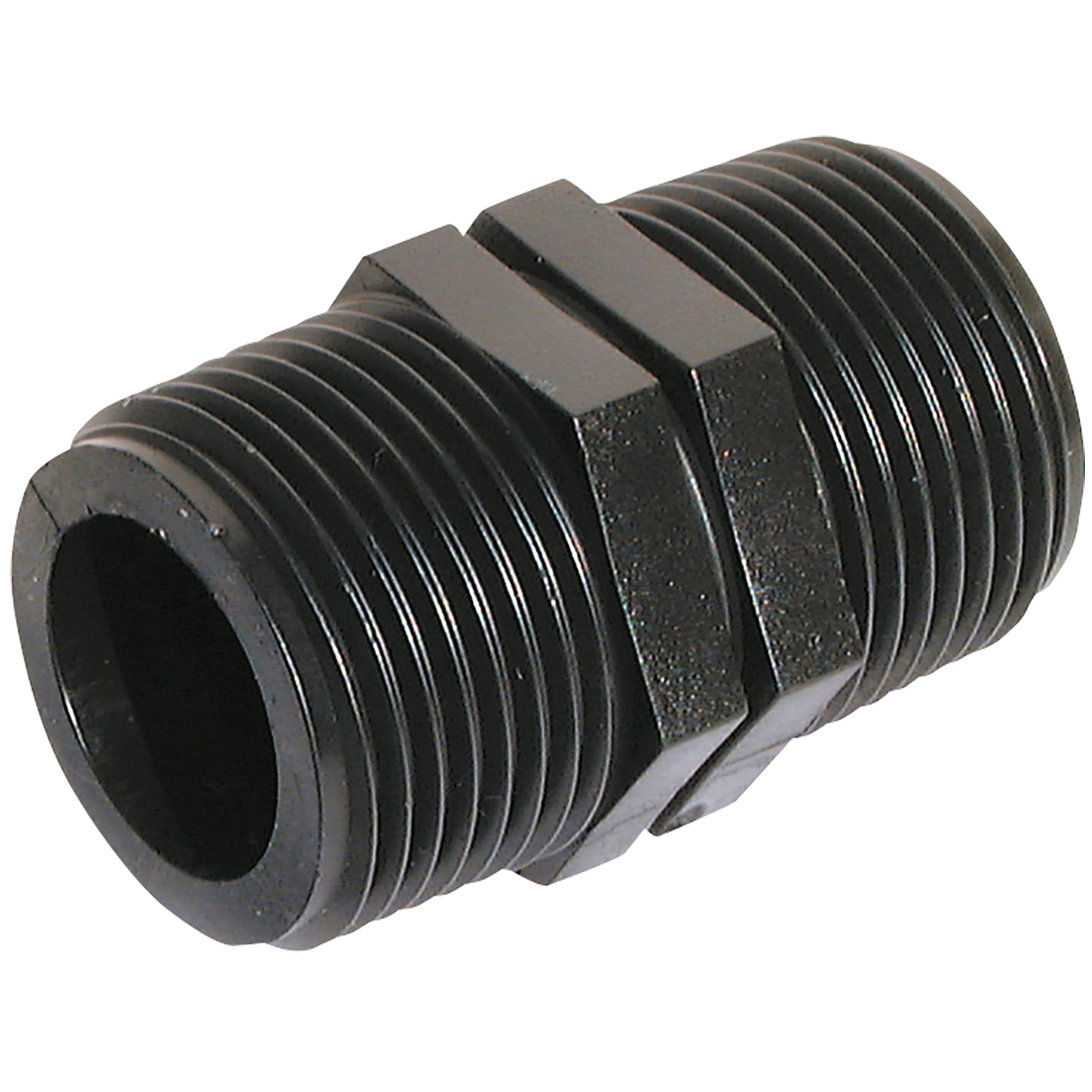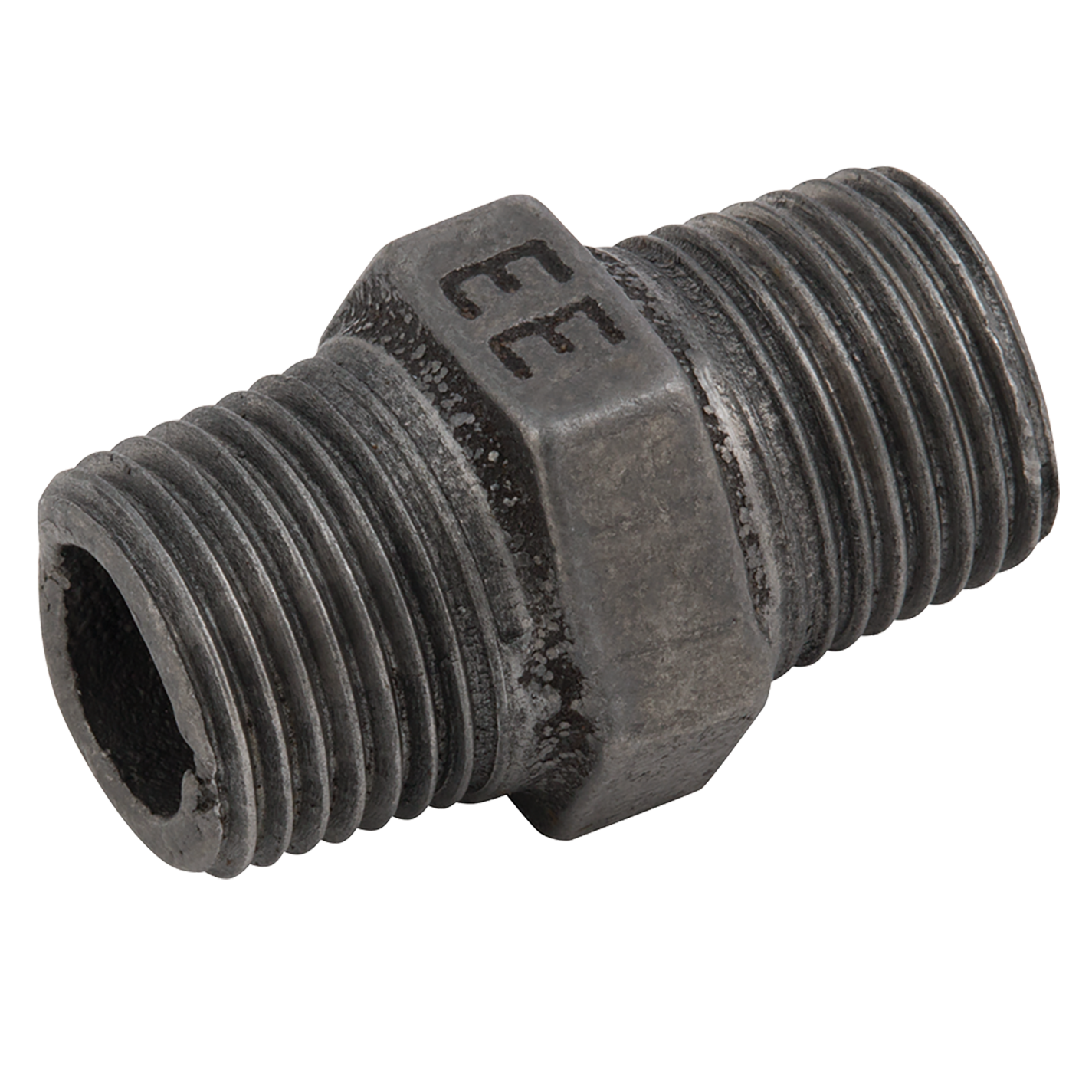Experiencing itchy and dry nipples can be uncomfortable and concerning, often leaving you searching for answers and relief. Whether it's due to environmental factors, underlying health conditions, or lifestyle habits, understanding the root cause is key to addressing the issue effectively. Many people overlook the sensitivity of this area, but proper care can prevent discomfort and potential complications. This article dives into the causes, symptoms, and solutions for itchy and dry nipples, helping you find the right approach to restore comfort and confidence.
Nipple irritation is more common than you might think, and while it may seem like a minor issue, persistent symptoms can signal an underlying problem. From dry skin and allergies to hormonal changes or infections, there are numerous reasons why your nipples might feel itchy and dry. Recognizing the early signs and knowing when to seek medical advice can make a significant difference in managing your symptoms.
Our goal is to provide you with a comprehensive guide to understanding and treating itchy and dry nipples. By exploring expert advice, practical tips, and proven remedies, we aim to empower you with the knowledge you need to address this sensitive issue. Let’s take a closer look at the potential causes and effective solutions for relieving discomfort and restoring skin health.
Read also:How To Access Iot Devices Anywhere Using Ssh With Aws As An Example
Table of Contents
- What Causes Itchy and Dry Nipples?
- Is Your Nipple Itchiness a Sign of Something Serious?
- How Can You Treat Dry and Itchy Nipples at Home?
- When Should You See a Doctor for Itchy Nipples?
- Common Mistakes to Avoid When Dealing with Dry Nipples
- Are There Any Lifestyle Changes to Prevent Nipple Dryness?
- What Are the Best Moisturizers for Itchy and Dry Nipples?
- Can Hormonal Changes Lead to Nipple Irritation?
- How to Identify Allergens Causing Nipple Discomfort?
- Tips for Maintaining Healthy and Hydrated Nipples
What Causes Itchy and Dry Nipples?
Itchy and dry nipples can arise from a variety of factors, ranging from environmental influences to internal health conditions. One common cause is dry skin, which can occur due to cold weather, low humidity, or excessive bathing. Harsh soaps and detergents may strip the skin of its natural oils, leading to irritation and flakiness in sensitive areas like the nipples.
Another potential cause is allergic reactions. Certain fabrics, laundry detergents, or skincare products may trigger an allergic response, resulting in itchy and dry nipples. Additionally, hormonal fluctuations during pregnancy, breastfeeding, or menopause can affect skin elasticity and moisture levels, making the nipples more prone to dryness and irritation.
Infections such as yeast or bacterial overgrowth can also lead to nipple discomfort. These conditions are often accompanied by redness, swelling, or a burning sensation. If you suspect an infection, it’s essential to consult a healthcare professional for proper diagnosis and treatment.
Is Your Nipple Itchiness a Sign of Something Serious?
While itchy nipples are often harmless, persistent symptoms could indicate an underlying health issue. Conditions like eczema, psoriasis, or dermatitis can cause chronic dryness and irritation in the nipple area. These skin disorders require specific treatments and may need medical intervention for effective management.
Another concern is Paget’s disease of the breast, a rare form of breast cancer that can present as itchy, dry, or scaly nipples. Although uncommon, it’s crucial to be aware of this possibility, especially if other symptoms like nipple discharge or changes in breast tissue are present. Early detection and treatment are vital for better outcomes.
If you experience prolonged or worsening symptoms, it’s advisable to consult a doctor. They can perform a thorough examination and recommend appropriate tests to rule out serious conditions. Remember, addressing the issue early can prevent complications and ensure peace of mind.
Read also:How To Download And Use Remoteiot Monitoring Ssh On Mac For Free
How Can You Treat Dry and Itchy Nipples at Home?
For mild cases of dry and itchy nipples, home remedies can provide relief and promote healing. Start by using gentle, fragrance-free cleansers to avoid further irritation. After washing, pat the area dry instead of rubbing, as excessive friction can worsen dryness.
Moisturizing is essential for restoring hydration to the skin. Look for products containing natural ingredients like aloe vera, shea butter, or coconut oil, which are known for their soothing and hydrating properties. Apply the moisturizer immediately after bathing to lock in moisture and protect the skin barrier.
Another effective remedy is using oatmeal baths or compresses. Oatmeal has anti-inflammatory properties that can calm irritated skin and reduce itching. Simply soak a clean cloth in a diluted oatmeal solution and apply it to the affected area for 10-15 minutes. Repeat this process daily until symptoms improve.
When Should You See a Doctor for Itchy Nipples?
Knowing when to seek medical advice is crucial for managing itchy nipples effectively. If home remedies fail to provide relief after a week or two, it’s time to consult a healthcare professional. Persistent symptoms could indicate an underlying condition that requires specialized treatment.
Other warning signs include severe pain, swelling, or discharge from the nipples. These symptoms may suggest an infection or a more serious condition like Paget’s disease. Additionally, if you notice any changes in the appearance of your breast tissue, such as lumps or thickening, schedule an appointment with your doctor as soon as possible.
Early diagnosis and treatment can prevent complications and improve outcomes. Your doctor may recommend tests such as a skin biopsy or imaging studies to determine the cause of your symptoms. Based on the results, they can create a personalized treatment plan to address your specific needs.
Common Mistakes to Avoid When Dealing with Dry Nipples
When dealing with itchy and dry nipples, certain mistakes can worsen the condition and delay healing. One common error is using harsh or scented skincare products, which can irritate the skin and exacerbate dryness. Stick to gentle, hypoallergenic options to minimize irritation.
Over-washing the area is another mistake to avoid. Excessive cleansing can strip the skin of its natural oils, leading to increased dryness and discomfort. Limit washing to once or twice a day and use lukewarm water instead of hot water, which can further dry out the skin.
Lastly, avoid scratching or picking at the affected area, as this can cause damage and increase the risk of infection. Instead, use soothing remedies like cold compresses or moisturizers to alleviate itching and promote healing.
Are There Any Lifestyle Changes to Prevent Nipple Dryness?
Making certain lifestyle adjustments can help prevent nipple dryness and maintain skin health. Start by wearing breathable, natural fabrics like cotton to reduce friction and irritation. Avoid tight clothing that can rub against the nipples and cause discomfort.
Staying hydrated is also essential for maintaining skin moisture. Drink plenty of water throughout the day and include hydrating foods like fruits and vegetables in your diet. Additionally, consider using a humidifier in your home, especially during dry seasons, to maintain optimal humidity levels.
If you’re breastfeeding, ensure proper latch techniques to prevent nipple trauma. Use lanolin cream or nipple shields to protect the area and promote healing. These small changes can make a big difference in preventing dryness and irritation.
What Are the Best Moisturizers for Itchy and Dry Nipples?
Choosing the right moisturizer is crucial for relieving itchy and dry nipples. Look for products specifically formulated for sensitive skin, as these are less likely to cause irritation. Ingredients like aloe vera, shea butter, and vitamin E are excellent choices for soothing and hydrating the skin.
For breastfeeding mothers, lanolin-based creams are highly recommended. Lanolin is a natural substance derived from sheep’s wool and is safe for both mother and baby. It provides a protective barrier that locks in moisture and promotes healing.
Avoid moisturizers containing alcohol, fragrances, or artificial dyes, as these can irritate the skin. Instead, opt for fragrance-free, hypoallergenic options that are gentle on the nipples. Applying the moisturizer regularly, especially after bathing, can help maintain skin hydration and prevent dryness.
Can Hormonal Changes Lead to Nipple Irritation?
Hormonal fluctuations can significantly impact skin health, including the nipples. During pregnancy, increased estrogen and progesterone levels can cause changes in skin texture and moisture levels, leading to dryness and irritation. Similarly, breastfeeding can result in cracked or sore nipples due to hormonal shifts and frequent nursing.
Menopause is another phase where hormonal changes can affect nipple health. Decreased estrogen levels can lead to thinner, drier skin, making the nipples more susceptible to irritation. Using moisturizers and avoiding harsh products can help manage these symptoms during this time.
If you suspect hormonal changes are contributing to your nipple discomfort, consult your healthcare provider. They can recommend treatments or lifestyle adjustments to alleviate symptoms and improve skin health.
How to Identify Allergens Causing Nipple Discomfort?
Identifying allergens that cause nipple discomfort requires careful observation and elimination. Start by reviewing your skincare and laundry products, as these are common culprits. Switch to fragrance-free, hypoallergenic options and monitor your symptoms for improvement.
Clothing materials can also trigger allergic reactions. Synthetic fabrics like polyester or nylon may irritate the skin, while natural fibers like cotton are less likely to cause discomfort. Experiment with different fabrics to determine which ones work best for you.
If symptoms persist, consider consulting an allergist for patch testing. This procedure can help identify specific allergens and guide you in making informed choices about products and materials. By pinpointing the source of irritation, you can take steps to avoid exposure and reduce discomfort.
Tips for Maintaining Healthy and Hydrated Nipples
Maintaining healthy and hydrated nipples involves a combination of good skincare practices and lifestyle adjustments. Here are some tips to help you keep your nipples in optimal condition:
- Use gentle, fragrance-free cleansers to wash the area.
- Apply a nourishing moisturizer daily, especially after bathing.
- Wear breathable, natural fabrics to reduce friction and irritation.
- Avoid scratching or picking at the skin to prevent damage.
- Stay hydrated by drinking plenty of water and eating hydrating foods.
By following these tips, you can prevent dryness and irritation, ensuring your nipples remain healthy and comfortable. Remember, consistency is key to maintaining skin health and preventing future issues.

